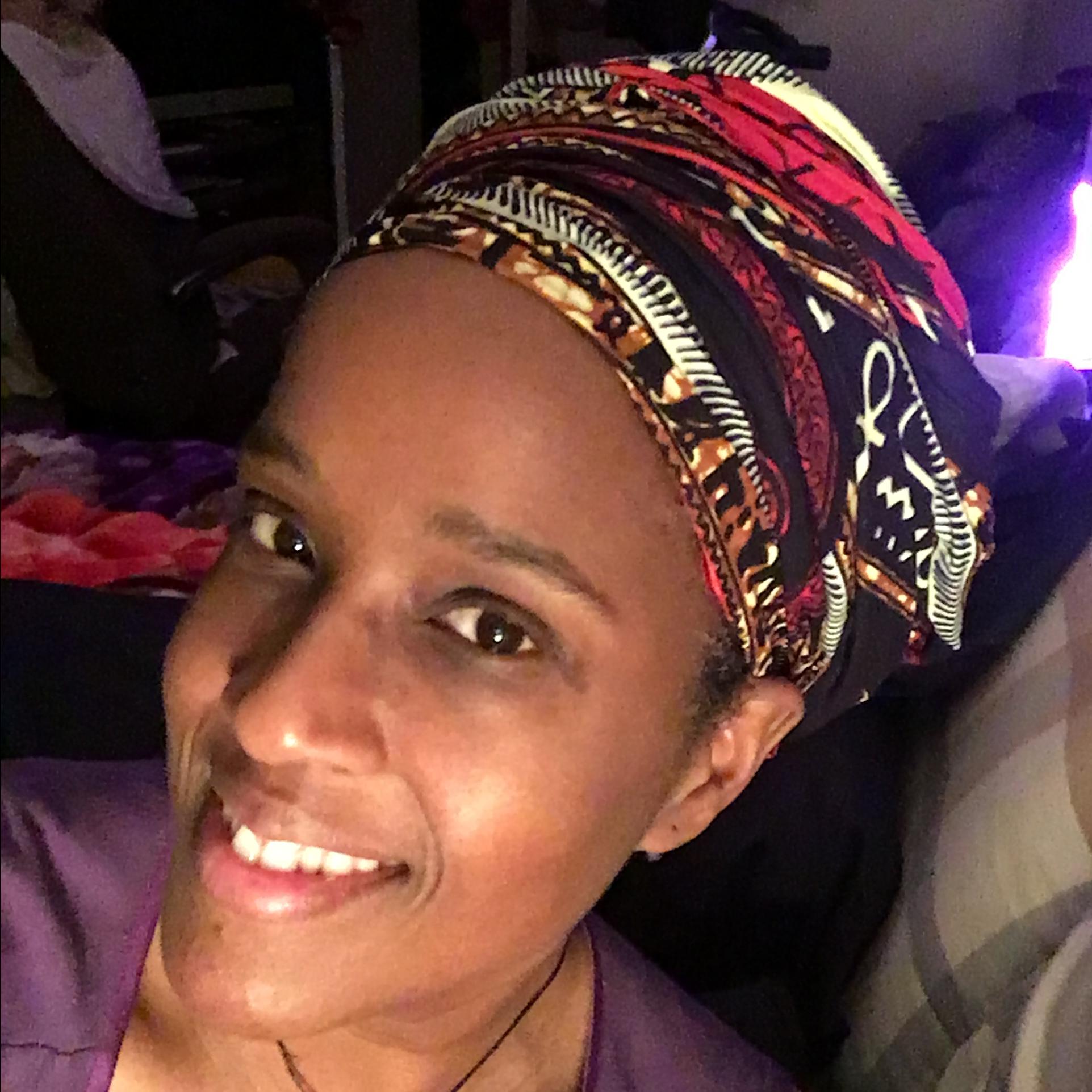Hello New Here
I was thinking about your situation this morning, and came up with a few suggestions that might help you not only lose weight now, but be better prepared for surgery.
Get small plates (about the size of a saucer) and bowls (about 1 cup). These will be really helpful after surgery (they're one of the few things I bought for WLS that I actually ended up using). Research shows that smaller plates help you eat less.
When you feel hungry and it's not mealtime or snacktime, drink a glass of water (or other low calorie beverage). This will help you naturally eat less. Also, after surgery you will need to drink a lot of fluids, so this is good practice. Currently, your stomach holds some fluid in reserve which your body can draw on when needed. Surgery removes that portion of the stomach, so you will need to drink fluids more often to stay hydrated.
Don't drink with meals. Drinking with meals causes the stomach to empty more quickly, so you will feel hungry sooner. This is true even for people who haven't had surgery, but you will need to stop this after surgery.
Record everything you eat. There are apps for this. Popular apps include myfitnesspal.com and cronometer.com. Personally, I recommend cronometer. Analysing what you eat will help you identify small changes that you can make that will help you lose weight without feeling deprived. If you bring detailed records of what you eat to your dietitian, he or she will probably have great suggestions for you.
Identify your food triggers, and think about better ways to respond to them. For me, the biggest trigger for unhealthy eating was being tired after work and wanting something quick. Many people deal with this by meal prepping so that they always have a healthy meal ready to heat up. If I'm honest with myself, I know that I am never going to have the patience or skill required for cooking, so instead I searched far and wide for healthy prepared foods. This means that once a week I drive to several different markets to get the best options. Another common trigger for unhealthy eating is stress. Before surgery I made a list of non-food things that I could do to comfort and treat myself.
If you make a mistake, start fresh with the next meal. Don't wait for the next day.
So glad to be of help!
One more tip: Start weighing or measuring everything you eat. We humans are very unreliable at "eyeballing" portions, so this will help keep you from overeating. This is especially important after surgery, because you don't want to overfill your stomach. I even weigh things that are ultra-low in calories, like raw veggies, not to control the number of calories, but so that I don't eat too much at once and feel uncomfortable. Over time I have learned how much it takes of different foods to satisfy me, which is a big help in planning.
I recommend getting a scale so you don't have to constantly wash measuring cups. It will seem like a big chore at first, but it gets easier as it becomes a habit. For example, if I'm making something with several ingredients, I first put the bowl on the scale and zero it. Then I add the second ingredient until I've got the right weight. Then I zero the scale again. Next I add the second ingredient, and so on.
S'up
6'3" tall, male.
Highest weight was 475. RNY on 08/21/12. Current weight: 198.
M1 -24; M2 -21; M3 -19; M4 -21; M5 -13; M6 -21; M7 -10; M8 -16; M9 -10; M10 -8; M11 -6; M12 -5.
Hello and welcome to the forum! ![]()

No one surgery is better than the other, what works for one may not work for another.![]() T-Rebel
T-Rebel
T! Fancy new avatar!
6'3" tall, male.
Highest weight was 475. RNY on 08/21/12. Current weight: 198.
M1 -24; M2 -21; M3 -19; M4 -21; M5 -13; M6 -21; M7 -10; M8 -16; M9 -10; M10 -8; M11 -6; M12 -5.





